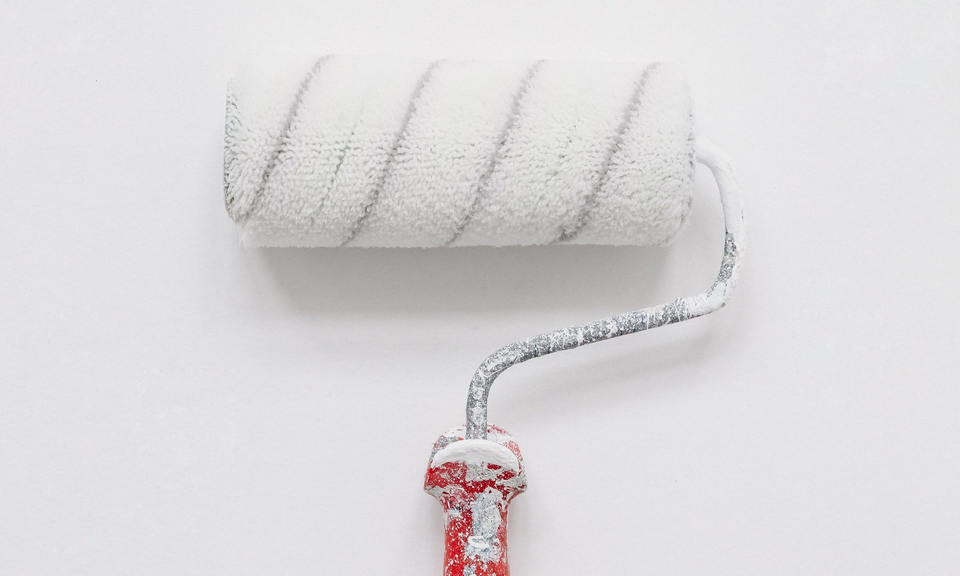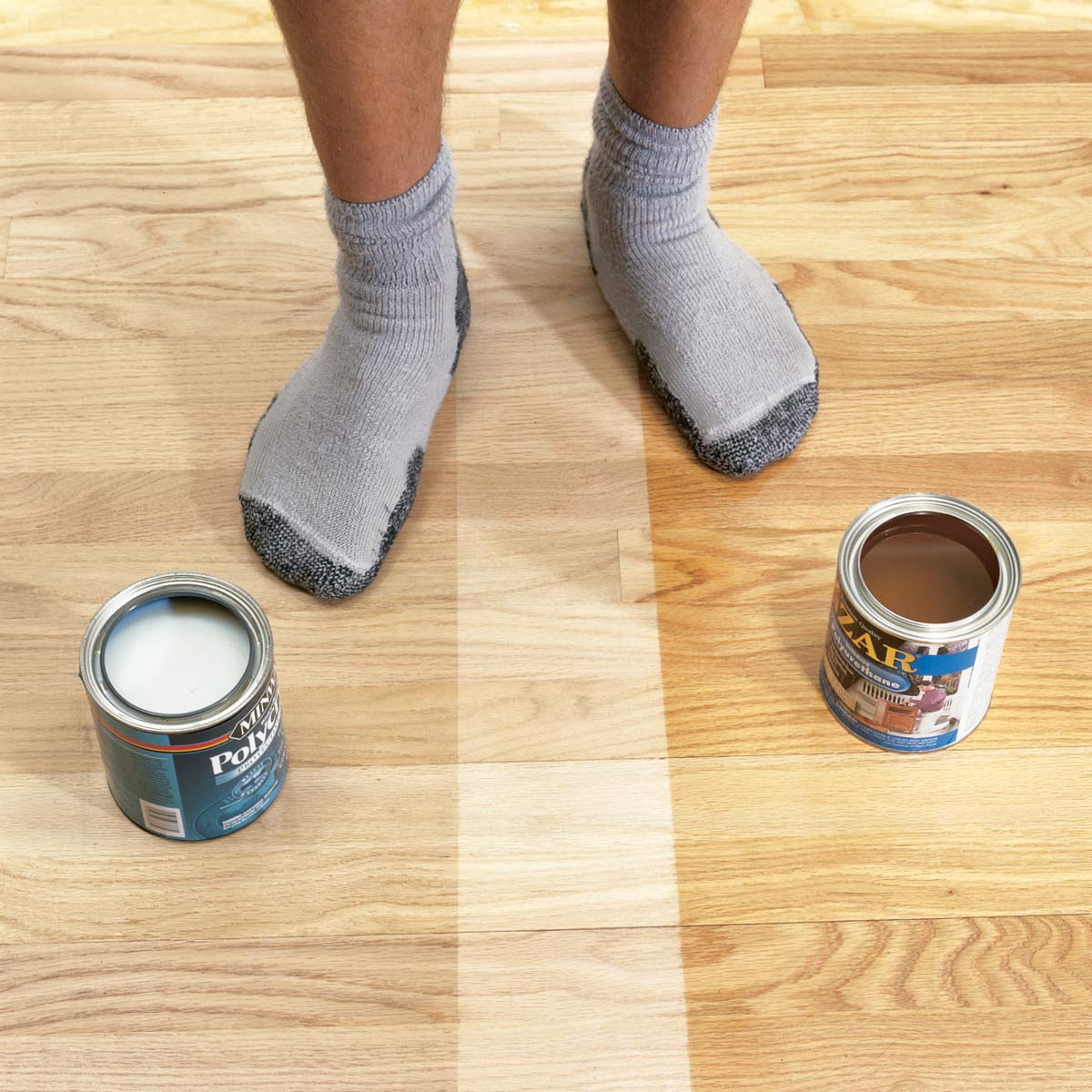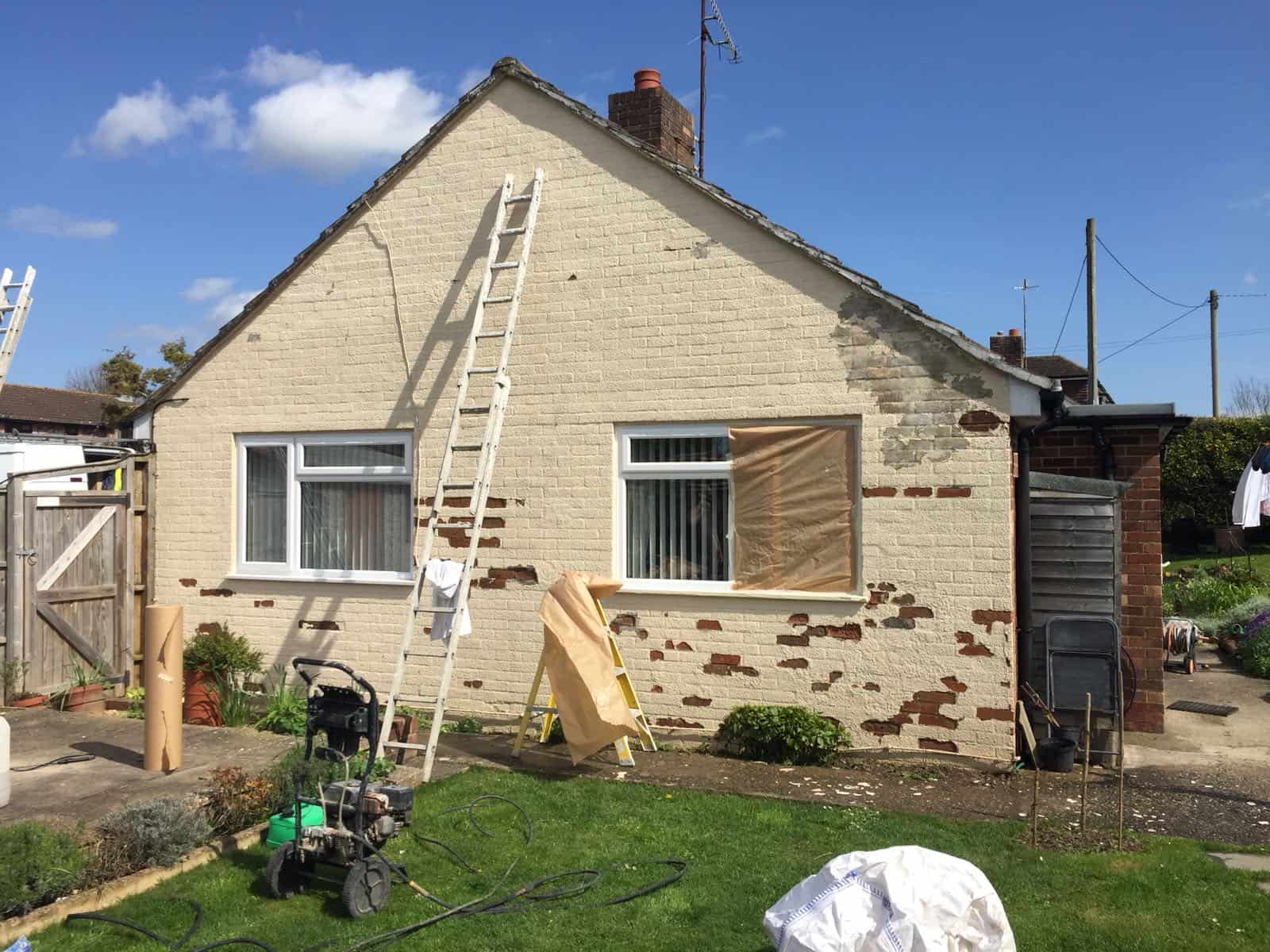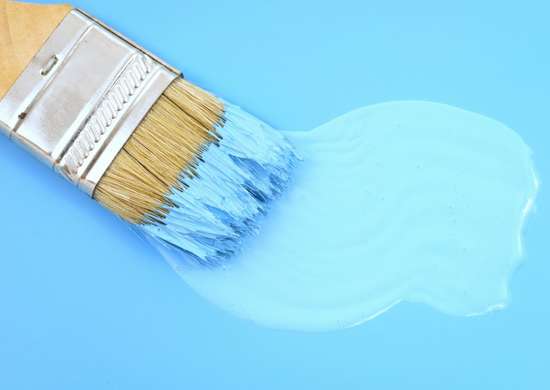Blog Layout
How to Hire the Right Painting Contractor
Painting Perfection • July 27, 2020
How to Hire the Right Painters ~ Angie's List (https://www.angieslist.com/articles/how-hire-right-painting-contractor.htm)
Before you choose a contractor who meets your needs, consider the following:
Experience. How long has the contractor been in business? This trade can have high turnover. Make sure you hire someone who has been operating for two years or longer.
Employees versus subcontractors. Does the contractor have employees? If so, are they direct employees, meaning they receive a paycheck from the contractor, or are they considered subcontractors? If they are direct employees, the contractor’s workers’ compensation and general liability insurance policies should cover them. If they are subcontractors, they should have their own insurance policies. Either way, the contractor should give you a copy of proof of insurance both for their business and any subcontractors, if necessary.
Legal Licensing.
Does the painting contractor have a state-issued license, general liability insurance and workers’ compensation insurance? It is absolutely critical that the contractor has all necessary insurance and licenses. A reputable, licensed and insured contractor will have all the proper documents. Remember, it protects them and any workers they may have on site, as well as you and your home.
Preparation work.
What kind of preparation work does the contractor do? A cheaper job will skimp on the prep work to cut corners. A good painting contractor will take the time to do everything that should be done, what they have stated they will do and what you both agreed would be done. The workmanship will show in the end, good or bad.
References. Can your contractor provide them? Call references before making a hiring decision.
Knowledge. Can the contractor make recommendations on what materials will work best for your project? A professional keeps up with the latest products and techniques. They will have suggestions for colors and finishes and be knowledgeable about the latest trends. Experience counts.
Formal estimate.
Make sure the contractor puts the scope of the project, materials they will use and amount of prep work in a written contract, not on the back of business card or a haphazardly drawn-up dollar figure on a piece of paper. A professional painting contractor provides their clients with written contracts and specifications.
Guarantee. Does you contractor offer any? Besides the guarantee offered on the products by the paint manufacturers, most reputable painting contractors will offer a warranty on the application/preparation process. If so, you should expect a written one.
Cost. Price is naturally a concern. Getting the lowest price should not be your first or only consideration. You want to get someone with skill, experience, who is properly licensed and insured, aware of safety issues and is a good worker. That will not likely be the individual with the lowest bid. It does not need to be the highest bid, either. Just make sure not to hire on price. Look at the whole picture. Painting contractors operate on very tight profit margins. You will hear of homeowners who hired college students, unlicensed individuals and teachers out of work in the summer and were happy with the work. If the price seems too good to be true, however, it probably is.
Always get at least three bids. Ask and state the same questions and expectations. Once you receive the bids, which should take no longer than a week, you should carefully compare that all proposals have the same amount of prep, materials and scope of work along with all the proper documentation.

You Might Also Like...

By Painting Perfection
•
September 29, 2020
Determining which type of paint is most suitable for you and your paint project’s needs is an important step of completing your project. Check out the below information as we break down the difference between water and oil based paints, and help you determine what current coating is used in your house.

By Painting Perfection
•
August 28, 2020
Most experts say that you'll need to paint every five to ten years, depending on factors such as where you live, climate and weather, and the previous paint job. Also, keep in mind that every surface will be a little different. For example: Wood siding - every 3-7 years, or every 4 years if it's stained. You don’t need to be a professional painter to know if your house needs painting. Of course, whenever you get an estimate, the painters will always tell you that you should paint. But are they telling the truth? We want to get to the bottom of it in this article so you can decide if you need your house painted. There are 3 common paint problems on homes. Simply take 5-10 minutes to walk around your house to identify any of these problems. Problem #1: Fading Paint You’ll notice the paint on your house fading on the areas that get the most sun…. typically the south and west sides of the house. If you wipe a dry, dark colored rag or towel on the house, you’ll notice some chalking paint come off the house. If your are noticing this happening, your wood is not very well protected any longer. Moisture can get into those boards and cause warping. The solution is to get a new coat of paint on there to protect it! Problem #2: Peeling paint This problem occurs on all parts of the home. The first places to peel are the areas that get the most moisture. Examples of this are window sills, bottom of the garage trim, bottom of the door trim, or other places that snow sits. Once paint peels off, the wood is no longer protected. Moisture gets into the wood and can rot the boards. The solution to peeling paint is to scrape the loose paint off, sand the area down to create a good texture, apply a full coat of primer to protect the wood, and a finish coat. Problem #3: Cracking paint and failing caulking Cracking is a very common problem you’ll notice in the joints of the house where boards meet. Check around door frames, window frames, and anywhere the siding meets the trim. If you notice cracks, this is where water can get behind the boards and rot them from the inside out. The solution to this is simple: recaulk those cracks with fresh caulking. Now that you’ve found problems and identified, do you need to paint? The answer isn’t a simple yes or no. The purpose of paint is to protect the house, and beautify your home. If the house LOOKS bad, and it’s embarrassing, you should paint. If you’ve noticed problems listed above, it doesn’t mean you have to paint. If you choose to wait, you can expect those problems to get worse, you can expect more damage to be done to the wood, you can expect your paint price to go up the next year, and you do risk having to repair boards. Repairing one board on a house could cost up to an extra $50-$100 per board. If this is the first time you are noticing the peeling paint, fading paint, or cracking paint… it’s probably not that urgent. Our recommendation: If you’ve noticed problems on your house, now is a good time to paint. It’s only going to get more expensive. The longer you wait, the lower quality the job will be (because the surface is in poorer condition). Contact Painting Perfection now.
Quick, Trustworthy & Reliable Painters
We are committed to quality painting and lasting results. We are available 24/7.
Request a Service
© 2025
All Rights Reserved | Painting Perfection



